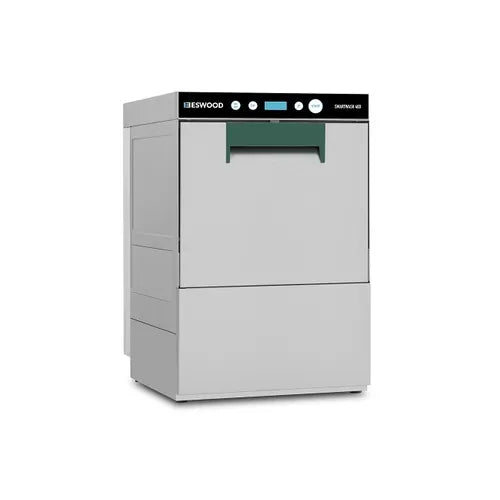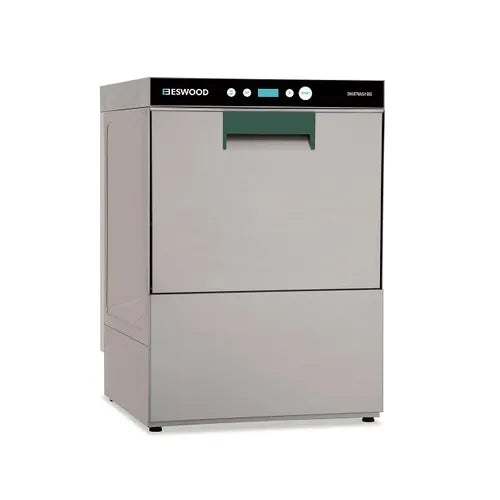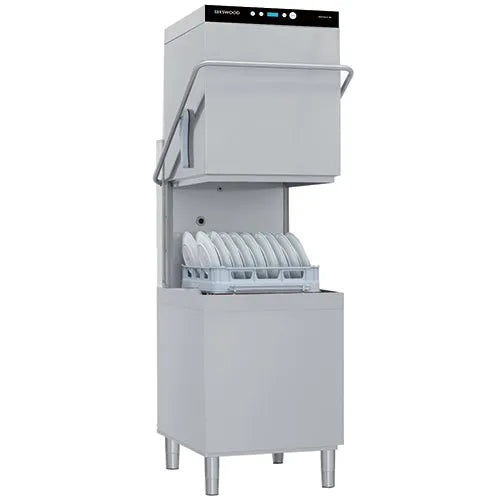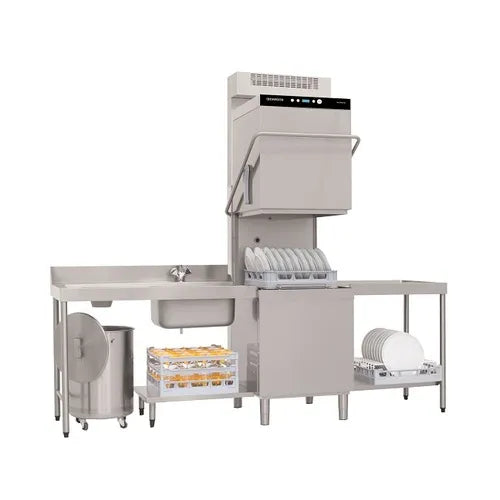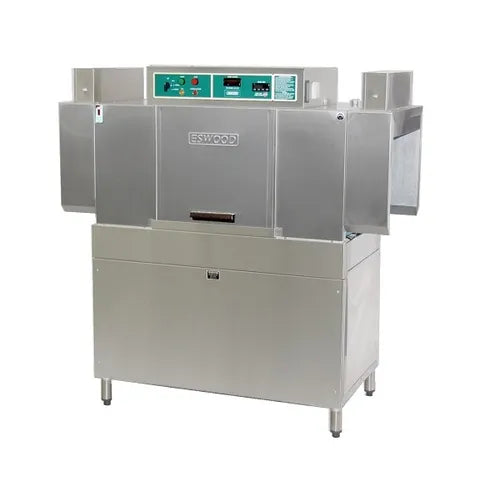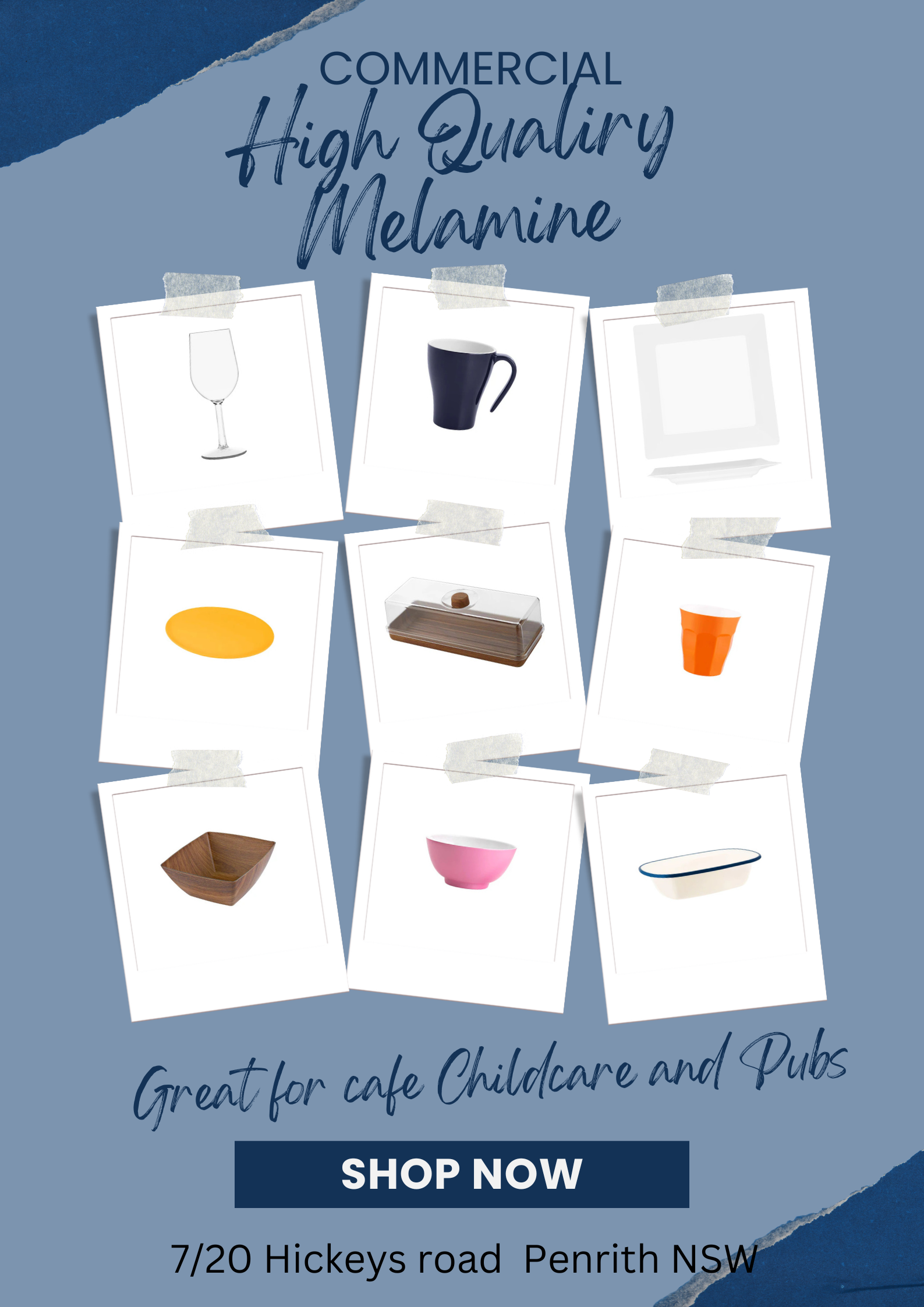Melamine is rapidly becoming the material of choice in commercial kitchens, childcare centers, and aged care facilities. Its exceptional durability, safety, and aesthetic versatility make it an ideal solution for diningware in these high-demand environments. In this blog, we’ll explore the benefits of melamine in these sectors, answer common questions about its safety and hygiene, and provide tips on how to maintain and wash melamine products.
Why Melamine is Ideal for Commercial Kitchens, Childcare, and Aged Care
1. Durability and Break-Resistance
Melamine is incredibly durable, making it perfect for environments like commercial kitchens, childcare centers, and aged care facilities, where accidents such as dropped plates and bowls are inevitable. Unlike traditional ceramic, melamine is shatterproof and break-resistant, reducing the need for constant replacements and ensuring cost-effectiveness over time.
In commercial kitchens, melamine dishes are durable enough to withstand high-volume use, while in childcare and aged care settings, melamine can handle rough handling without breaking or chipping. This makes melamine a practical choice for high-traffic environments.
2. Lightweight and Easy to Handle
Melamine is much lighter than glass or ceramic, making it easier for staff and individuals in aged care or childcare environments to handle. In childcare, this is particularly useful as it minimizes the risk of injury from dropped or heavy dishes. For aged care, melamine’s lightness helps residents with limited hand strength handle their own dishes more easily, promoting independence.
3. Aesthetic Appeal
Despite being lightweight and durable, melamine can be designed to mimic the look of fine china or ceramic. The wide range of colors, patterns, and styles available means it can complement the décor of any commercial kitchen, childcare facility, or aged care dining area. This makes melamine not only practical but also stylish.
4. Cost-Effective
Compared to fine china or ceramic, melamine is significantly more affordable. This makes it a great option for facilities that need large quantities of tableware without breaking the budget. In both commercial kitchens and care facilities, using melamine can lead to significant savings, especially when the durability means fewer replacements over time.
Is Melamine Safe and Hygienic?
1. Food-Safe and Non-Toxic
Yes, melamine is generally considered safe for use with food. It is made from a combination of melamine resin and formaldehyde, which is then molded into shape. When used properly, melamine dishes are non-toxic and pose no harm to individuals. However, it is important to ensure that the melamine products you use are food-grade certified, as some lower-quality melamine products may contain harmful chemicals.
Melamine is widely used in commercial kitchens, childcare, and aged care facilities because it does not release harmful substances when exposed to food, making it a safe choice for daily use.
2. Hygienic Properties
Melamine is also known for its hygienic properties. Unlike porous materials such as wood or some plastics, melamine is non-porous, which means it won’t absorb food particles or liquids. This makes it easy to clean and reduces the risk of bacteria or mold buildup, ensuring your environment remains sanitary.
However, melamine should never be used in microwaves, as the high temperatures can cause the material to break down and potentially release harmful substances.
How to Maintain and Wash Melamine
Proper maintenance is key to ensuring your melamine dinnerware lasts for years. Here's how to care for your melamine products:
1. Washing Melamine Dishes
-
Dishwasher-Safe: Most melamine dishes are dishwasher-safe, making them easy to clean in a commercial kitchen or childcare setting. However, always check the manufacturer's instructions before washing to ensure your melamine is dishwasher compatible.
-
Hand-Washing Tips: If you prefer to wash melamine by hand, use a soft sponge and warm soapy water. Avoid using abrasive scrubbers or harsh chemicals, as they can damage the surface and reduce the lifespan of the material.
2. Avoiding Heat Damage
Although melamine is heat-resistant to a certain degree, it should never be used in the microwave or with high-temperature liquids above 140°F (60°C). Aged care facilities and childcare centers should ensure that melamine products are not exposed to high heat to maintain their integrity and safety.
3. Preventing Stains
Melamine is resistant to staining, but prolonged exposure to highly pigmented foods (such as curry or tomato sauce) can cause discoloration. To remove stains, soak melamine items in a mild solution of baking soda and water before washing. For more stubborn stains, a gentle cleaner designed for melamine surfaces can be used.
4. Storing Melamine Properly
To prevent any potential damage, avoid stacking melamine dishes too tightly, as this can cause scratching or chipping over time. It’s best to store them in a way that allows for easy access without excessive friction.
Final Thoughts
Melamine offers a wealth of benefits for commercial kitchens, childcare facilities, and aged care homes. Its durability, cost-effectiveness, and aesthetic flexibility make it a top choice in these industries. Additionally, melamine’s hygienic properties and safety when used correctly add an extra layer of peace of mind.
By following the proper maintenance guidelines, melamine products can last for years, providing reliable and safe solutions for high-traffic environments. Whether you’re looking to upgrade your restaurant’s dinnerware or outfit a childcare or aged care facility, melamine is a smart, safe, and practical choice.
For all your melamine needs, visit Hospitality Connect for a wide range of products designed for commercial use.


